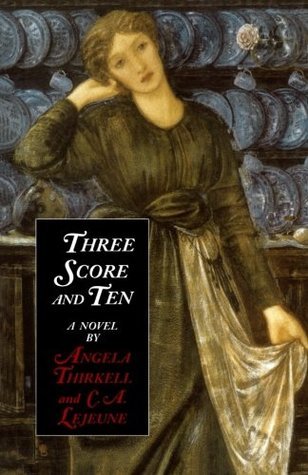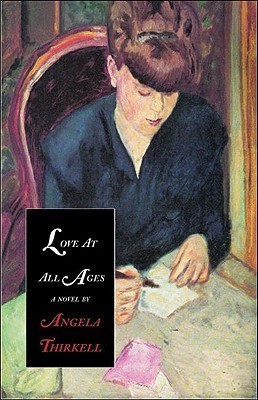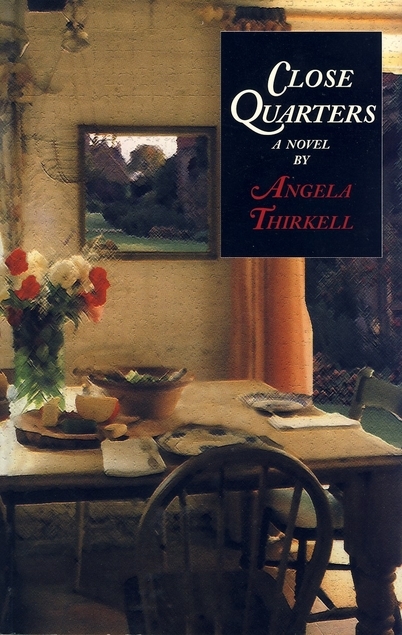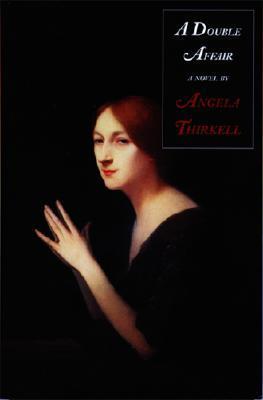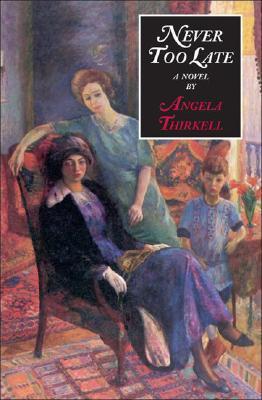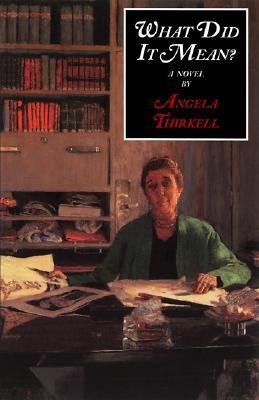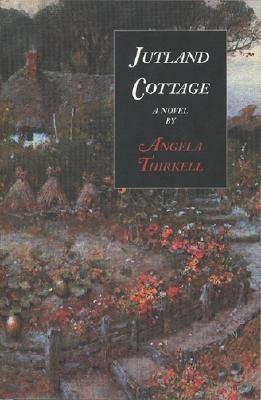Three Score and Ten is the last novel of Angela Thirkell’s Barsetshire series, finished by a friend after her death. Could I tell the difference? Maybe.
As I’ve commented before, Thirkell’s later books don’t really have plots, but this book works toward three events—Mrs. Morland’s 70th birthday, a romance for Lord Mellings, and another romance for Sylvia Gould, whom I don’t even remember meeting before.
As usual with the later works, the novel consists of a series of tea parties and dinners, with the Barsetshire Agricultural Show also taking place. Mrs. Morland entertains her grandson Robin because his siblings have the measles, and he is exactly as I remember his father, Tony, as a boy, including behaving several years younger than his age of ten or eleven.
The birthday party gives its author the opportunity to bring in almost everyone who has ever appeared in the series. Several characters who aren’t invited appear in an indignant meeting called because of the intentions of Lord Averfordbury to tear down Wiple Terrace, home of Miss Bent and Miss Hampton and several Southbridge school teachers, and put up a factory.
Could I tell that not all of the novel was written by Thirkell? Not so much, although maybe the conversations at the birthday party are not as clever. Twenty pages, by the way, are devoted to that party, which is about 18 more than were taken for any of the many weddings that appeared in the series (although admittedly most were only mentioned) and about 15 too many.
One more issue that has little to do with the original novel. I think I’ve had occasion to comment about the earlier Moyer Bell editions (all of the post-war novels) that they had a lot of typos. I haven’t mentioned that in a while because they got better, but this book had lots of them, including ones that show the text couldn’t have even been subjected to a spell checker.


